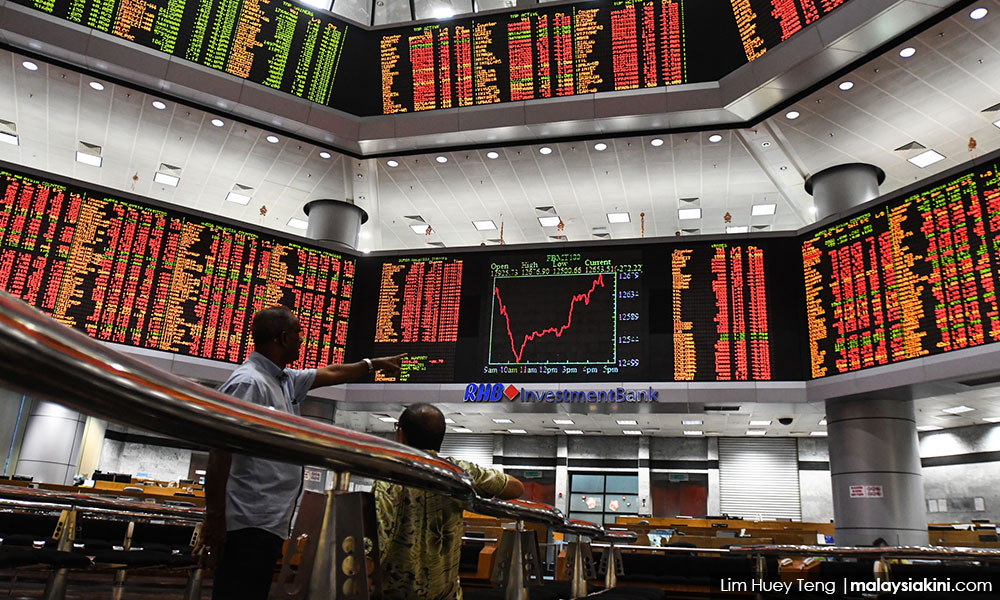COMMENT | On June 25, Prime Minister Dr Mahathir Mohamad said in an interview that he may consider pegging the ringgit if needed in the near future. Mahathir, of course, was famous for pegging the ringgit back in 1998 when the currency was facing a crisis.
As it stands, investors are still uncertain as to the direction of the new government. The GST has been eradicated, but the sales and services tax (SST) looms on the horizon – a tax that brings bad memories for those who have been paying attention long enough.
SST was inefficient. Loopholes were abundant and the government was not raising the revenue it should have to further invest back into the country. My friends in Singapore began laughing when they heard the news, asking me sarcastically, "Who goes back to SST?"
Beyond tax, Finance Minister Lim Guan Eng has been criticised for scaring investors with revelations of financial scandals, debts and liabilities. In the first week in power, Mahathir and Lim dropped the "RM1 trillion" debt bomb, supposedly implying that our country was headed to bankruptcy.
It isn't. And in fact, the debt was nowhere near RM1 trillion as it's not standard practice to include liabilities. But for some reason, the new government wanted to hit the panic button, ideally to paint this idea that things were just out of control because of the previous government.
In October 2015, Mahathir famously said that if Najib Abdul Razak stepped down as prime minister, the ringgit's value would rise. Since taking over the government, however, the ringgit has gone the opposite direction. The ringgit is now trading at 4.043 against the greenback on Monday afternoon, July 9.

More than RM10 billion has been sucked out of the KL Stock Exchange as investors have become less confident, an incident that the new government had weeks ago claimed was a temporary fear, one that would decrease as investors got used to their governance.
Perhaps it’s hard for people to get used to general uncertainty.
I do hope that we can refrain from something as drastic as pegging the ringgit if things take a dive for the worse. This is not 1998. The ringgit is now mature enough to carry itself out of a trough without cutting corners. That, in the long term, would provide the ultimate confidence for investors.
Even if the new government wants to pursue a fixed exchange rate system, there are consequences. More technically as well, pegging the ringgit means that a fixed exchange rate must be maintained. And to maintain an exchange rate, large amounts of reserves of other countries’ currency need to be managed.
Bank Negara would constantly have to buy or sell the domestic currency to maintain the exchange rate. Having massive amounts of capital may then cause unnecessary inflation.
The more currency reserves are available, the higher the risk of inflation. At a time where sustainability and stability is the priority, this may be too big of a risk to undertake. So the big question now is, will the new government peg the ringgit again?
KHAIRUL AZWAN HARUN is a senator and Umno Youth deputy chief.
The views expressed here are those of the author/contributor and do not necessarily represent the views of Malaysiakini.

